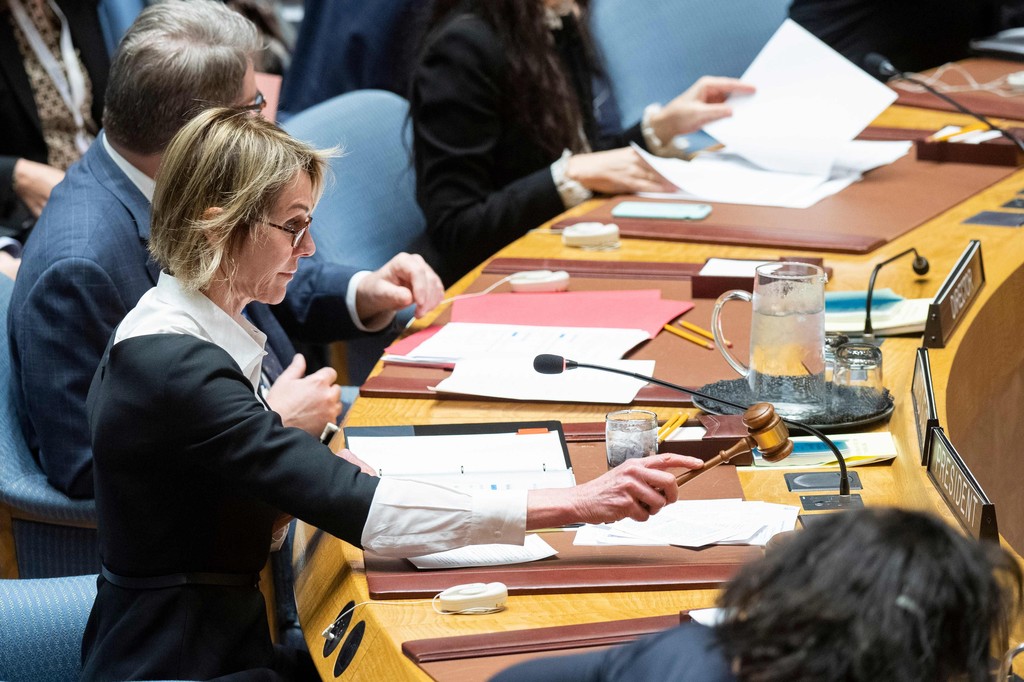The United States told the United Nations on Wednesday that the killing of Iranian commander Qassem Soleimani last week was self-defense and vowed to take additional action “as necessary” in the Middle East to protect U.S. personnel and interests.
Iran retaliated on Wednesday for Soleimani’s death by firing missiles at military facilities housing U.S. troops in Iraq. U.S. President Donald Trump said no Americans were hurt, soothing fears that Soleimani’s death and the Iranian response could spark a wider conflict in the Middle East.
In a letter to the U.N. Security Council, U.S. Ambassador Kelly Craft said the United States also stands “ready to engage without preconditions in serious negotiations with Iran, with the goal of preventing further endangerment of international peace and security or escalation by the Iranian regime.”
The killing of Soleimani in Baghdad on Friday was justified under Article 51 of the U.N. Charter, wrote Craft in the letter seen by Reuters, adding “the United States is prepared to take additional actions in the region as necessary to continue to protect U.S. personnel and interests.”
Under Article 51, countries are required to “immediately report” to the 15-member Security Council any measures taken in exercising the right of self-defense. The United States used Article 51 to justify taking action in Syria against Islamic State militants in 2014.


